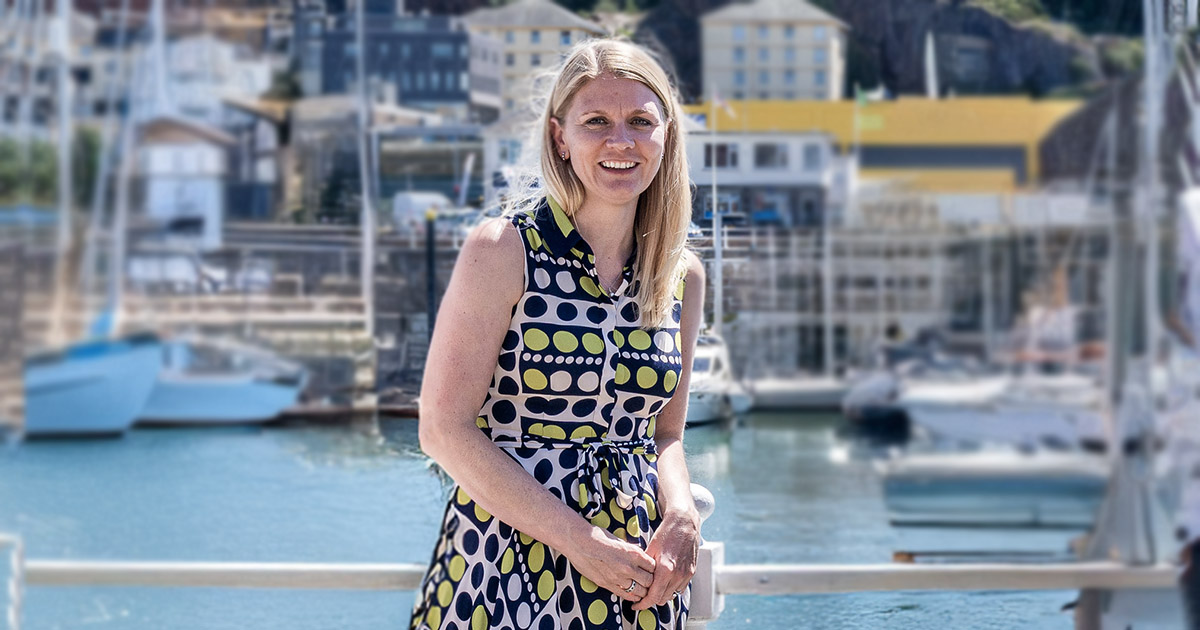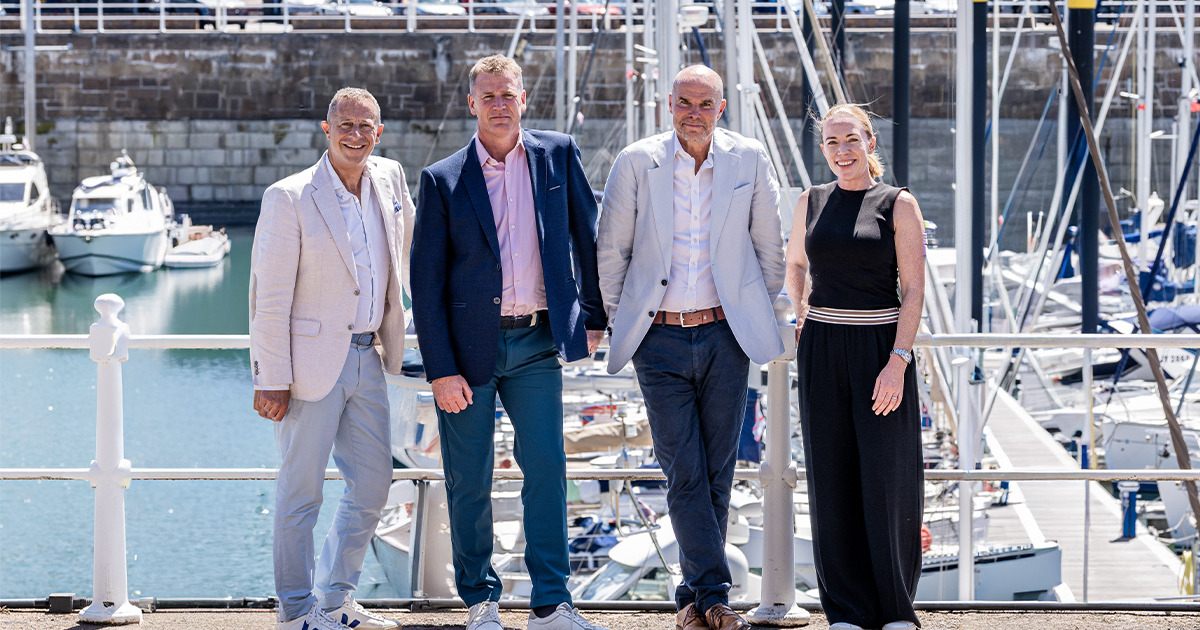The largest wealth transfer in history is currently taking place, as Baby Boomers pass their wealth to Millennials. This process is creating a new set of demands on our sector as it is increasingly clear the traditional attributes of sound advice, first class client service and prudent asset oversight are no longer the standard 'deliverables' expected of a trustee. To this list we must now clearly demonstrate an approach which enables clients to align their values with this wealth. Moreover, in facilitating this, it is equally important for this cohort of clients that they engage with a trustee which operates with shared values; recognising the role it plays as a force for good in the society it operates in. This shift in expectations is adding another 'set of hats' to the numerous we are commonly asked to wear. As trustees we not only need to balance our fiduciary responsibilities and duties with the fast evolving world of sustainable finance, but also accept Corporate Social Responsibility (CSR) policies cannot simply be statements of intent; trustees must unequivocally be 'walking the talk'.
Looking at these two issues in turn, there is a wall of intergenerational private capital wanting to be invested to deliver growth, with impact. Currently, measuring investment return is an established and reliable process to which trustees are well-accustomed. Measuring impact, however, presents a host of new challenges through the absence of a globally accepted taxonomy. Impact can be a much more qualitative metric and based on subjective expectations, particularly when investing in publicly traded markets. Positive environmental impact, in the form of greenhouse gas (GHG) emissions abatement is becoming the subject of more reliable standards of measurement, but calibrating and demonstrating a positive social impact is, in many cases, subject to interpretation.
Maintaining a trustee's duty to 'preserve and enhance, so far as is reasonable, the value of the trust property' must now be considered in the context of sustainable investing. Indeed, choosing to ignore the investment risk attributable to the effects of climate change, could arguably leave trustees open to not properly fulfilling this duty. Ideally, achieving this alignment of values when investing the trust's property, requires the trustee to have the appropriate fiduciary powers to consult and delegate via suitably worded clauses in the trust deed. Moreover, no two cases will be the same from a Letter of Wishes perspective and trustees operating in this space will have to commit to upskilling themselves to properly engage with all the actors involved. The ever-widening suite of sustainable investment solutions across asset classes and geographies, together with the matrix of sustainability-related legislation being introduced, will also – no doubt - result in regular CPD hours being absorbed by this topic.
Thinking now about ‘walking the talk’; what does this mean for a trustee, or any business, and what should it look like? Quite literally, it requires putting words into action – demonstrating we mean what we say and are actively doing so. One of the notable outcomes of this pandemic is the corporate sector is now the most trusted institution - ahead of government, media and religious organisations – and the only institution seen as both ethical and competent. A successful company operating in the sustainable finance space must be credible both in the conduct of its people and the organisation as a whole. An overarching framework for guiding decision making and establishing behaviours needs careful consideration. This ultimately comes down to the culture and values of the business. These intangibles take time to define and establish, but once they are embedded in an organisation, they can become a powerful force for good.
Bringing this all together, the role of trustees, and advisers, must once again adapt to a changing environment, one in which the sector is pivoting towards providing fiduciary services to the burgeoning sustainable finance space. Wearing many hats comes with the job and going forward we will simply have to make sure one of them is green.






